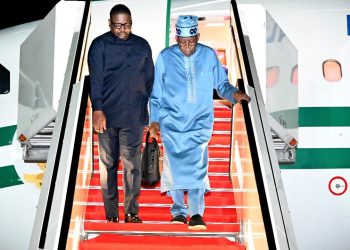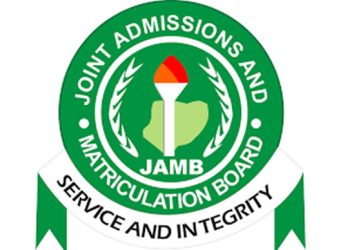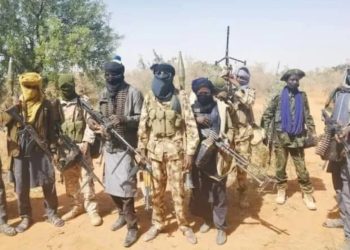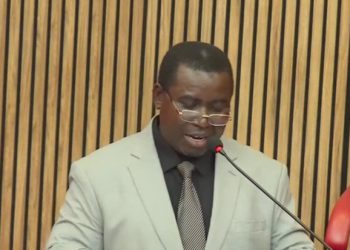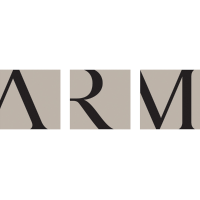The Organisation of Petroleum Exporting Countries on Friday did nothing to address the sustained decline in global oil prices, which are taking a beating from the massive supply glut in the market.
The 13-member oil cartel including Nigeria failed to reach an official decision on how much oil to produce, a development that sent oil price tumbling to $42 per barrel. Ahead of the meeting, Iran had said it would not consider any production cut until it restores output scaled back for years under Western sanctions.
The OPEC President, Dr. Ibe Kachikwu, Nigeria’s minister of state for petroleum resources, who presided over the 168th ordinary meeting of the organisation in Vienna, said they retained production at “current level,” which is above 30 million barrels per day.
He said, “OPEC cannot continue to cut its 30-35 per cent market structure to be able to stabilise the market.”
OPEC, whose members pump out more than one third of world oil, is currently producing above its official target of 30 million bpd. Actual daily production is estimated at 31.5 million bpd.
“The Conference emphasised the significance of continued dialogue with other oil-producing countries and the importance of maintaining its energy dialogue with China, the European Union, the Russian Federation, and other industry participants and international organisations,” the organisation said in a statement.
On why they did not put a figure to their production quota, OPEC Secretary General Abdalla El-Badri, “We cannot put a number now because Iran is coming, we don’t know when Iran will come, and we will have to accommodate Iran one way or the other.
“We decided to postpone this decision to the next OPEC meeting (in June) until the picture will be clearer for us to decide on a number,” he added.
Meanwhile, Kachikwu, who was announced this week as the new president of OPEC, thus replacing the immediate past Petroleum Minister, Diezani Alison- Madueke, will cease to the organisation’s president by the end of this month.
The Conference elected the Minister of Energy and Industry of Qatar, Dr. Mohammed Bin Saleh Al Sada, as president of the conference for one year, with effect from January 1, 2016, and the Minister of Petroleum and Mineral Resources of the Kingdom of Saudi Arabia, Ali Naimi, as alternate president, for the same period.
Diezani was in November last year at the OPEC’s 166th ordinary meeting announced as the conference president.
The OPEC conference president, who is elected by the conference and serves for a period of one year, presides over the meetings of the conference in the course of his presidency.
Kachikwu was on Friday quoted by Platts as saying that he did not expect Iran’s full return to the oil market following the lifting of sanctions to exacerbate the current global oversupply of crude but to take the place of US shale production as it declines.
“I would imagine that initial levels [of Iran’s extra supply] will be moderate,” Kachikwu, who is OPEC’s current president, told reporters just ahead of a key OPEC meeting. “It will take time to scale all their production facilities. It will be moderate, but they will fit in [within OPEC] and frankly, as you see, the drop in shale production, we will all see Iran lift most of its weight and market base.”
He added that he was not worried about Iran’s return to the market and that it would be “ridiculous for any OPEC member to expect Iran [to stay] out of the market.”
Kachikwu’s comments contrasted sharply with those he made on Wednesday, when he told reporters in Lagos that Nigeria would ask OPEC to pressure Iran to delay its plans to increase its oil exports when nuclear sanctions are lifted. Agency report




